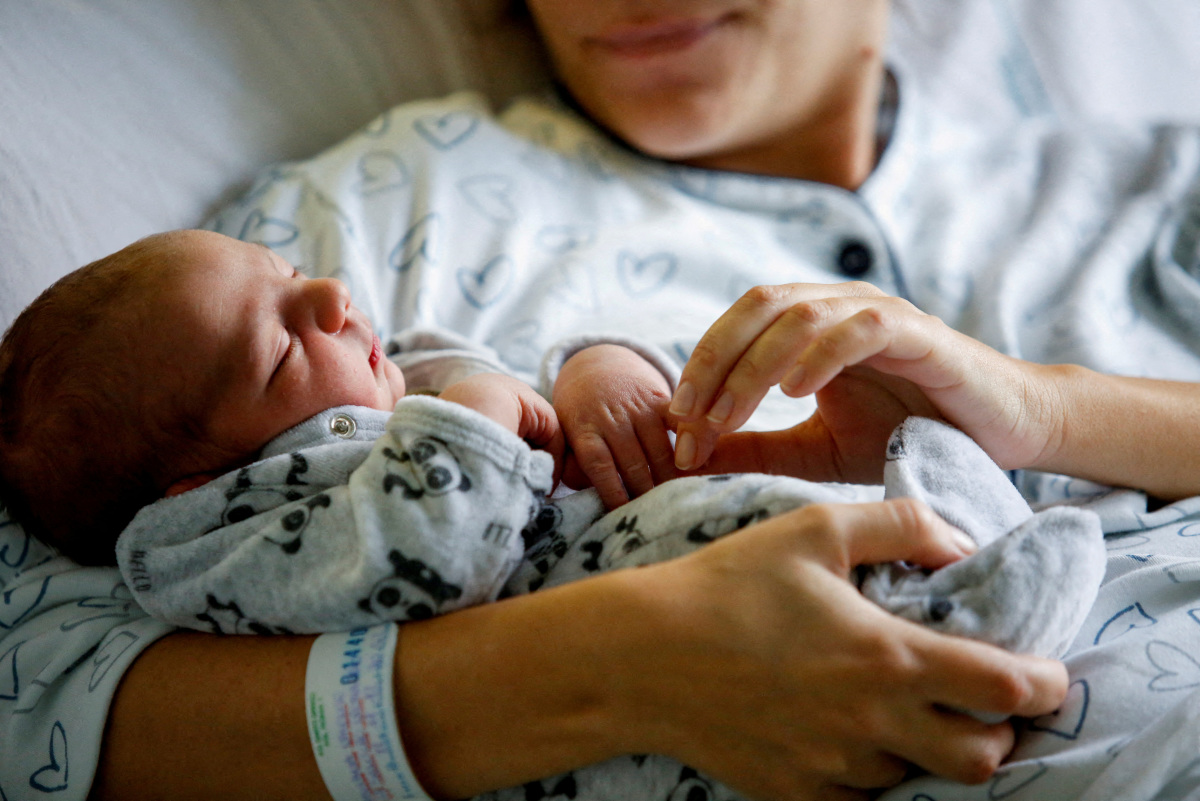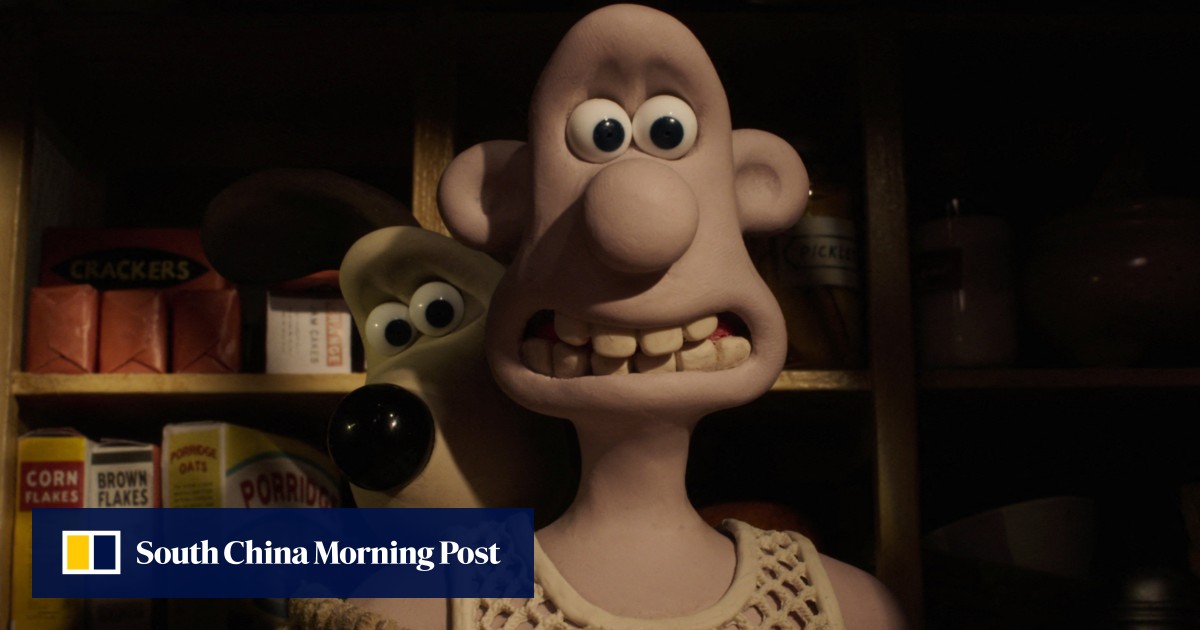A study, commissioned by the charity campaign group Pregnant Then Screwed, has found that Britons are taking on debt to pay for childcare.
The Pregnant Then Screwed survey said that almost half, 46 per cent, of parents admitted to getting themselves into debt or raiding their savings to raise their children.
The number of parents who told the charity that they had gone into debt, is up from 35 per cent in last year’s survey – the campaign group found.
According to the Government’s Money Helper website, the average cost of sending a child under the age of two to nursery full-time currently measures at a staggering £14,030 each year.
The Money Helper webpage also says that, on average, the annual bill is split between an average weekly bill of £269.86 to send a toddler to nursery full time.
After the survey was released, Joeli Brearley, the Founder of Pregnant Then Screwed, said: “If we aren’t careful, becoming a parent will be a luxury item, and the economy can’t afford to pay that price.”
The head of Pregnant Then Screwed also recognised how parenthood is keeping adults, predominantly women, out of employment in a bid to avoid nursery fees.
As well as the current cost of living crisis, UK parents are victims of a “cost of working crisis that disproportionately impacts mothers”.
The Pregnant Then Screwed Founder also told reporters that the polling suggested that 70 per cent of mothers believed that “after paying for childcare, it doesn’t make financial sense” to return to work.
Half of the fathers interviewed said that they felt the same.
“Being a parent is tough enough, but when having more children means sacrificing your income, procreation feels like financial suicide,” Brearley added.
The campaign group leader also noted that parents who want to have more children “cannot afford to do so”.
Last week, the charity group Maternity Action conducted a survey on behalf of Unison.
The survey studied 1,400 mothers who are on maternity leave in the UK and exposed that 25 per cent of the women had skipped meals to afford to feed their families.
The findings were followed up with a demand for “drastic” changes to be made to maternity pay, with some of the women admitting that they have gone without eating all day to save money.
A staggering 50 per cent of the mothers said that they had bought less healthy food to save on finances and more than a third admitted to having smaller portions.
Ros Bragg, the Director of Maternity Action, recognised how women should be prioritising their post-natal wellbeing instead of hiking food prices.
“Women should be reducing their stress levels during pregnancy and their child’s first year, not worrying about how to pay for essentials,” Bragg said.
The Charity Director went on to note: “Stress during pregnancy puts women at increased risk of post-natal depression and other mental health conditions.”
The legal minimum that employers can pay those on maternity leave, the Statutory Maternity Pay, currently stands at 90 per cent of the mother’s average weekly earnings before tax for the first six weeks.
After the first six weeks, the women are then paid a lower amount of either £172.48 or 90 per cent of their average weekly earnings for the next 33 weeks.
Christina McAnea, the Boss of Unison, while the cost of living crisis has affected all households across the UK, inflation has been “hitting new mums particularly hard”.
“No mother should have to go without food or skip meals, but the failure of maternity pay to keep up with increasing living costs is driving many pregnant workers and new mothers into severe financial hardship,” McAnea added.
The Unison Boss went on to point the finger at the government for “effectively forcing many women to choose between work and family”.
Maternity Action and Unison have called for a maternity rate increase to ensure that no parent is “penalised for having a baby”, she added.







